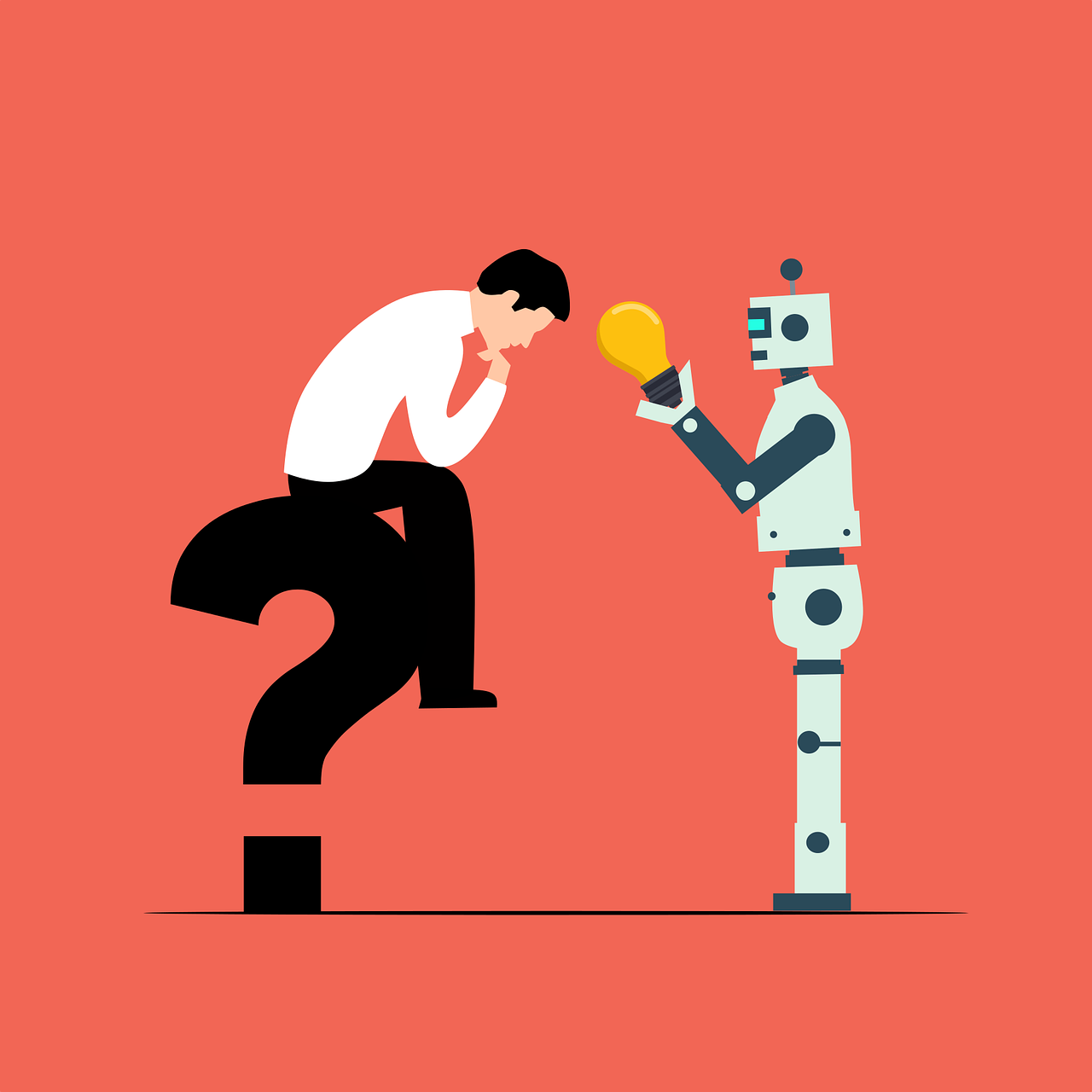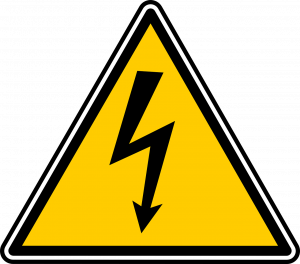
December 1, 2023, by Laura Nicholson
Navigating the Future of Virtual Learning Environments
Tis the 1st of December, marking the start of our festive advent calendar on the Learning Technology blog! Every day throughout December we will bring you a new post on all types of learning technology, leading right up to December 24th where the last door will open to reveal… well, you’ll have to wait and see what magic awaits!
To begin the festivities, Nigel Owen, our Associate Director for Learning Technology, unwraps his thoughts on the evolution of Virtual Learning Environments as artificial intelligence becomes an ever more present figure in our education system🎄✨
In my capacity as Associate Director for Learning Technology, I am responsible for leading the Learning Technology Section in supporting the University’s teaching and learning endeavours through technology and media. As the head of the Learning Technology Section, I enable a talented team of pedagogists, media specialists, and technologists to support the University in improving teaching and learning through technology and media. As such, I am interested in the future evolution of virtual learning environments (VLEs) and their potential to transform the student experience.
While present-day VLEs have merits, there remains significant room for enhancement in order to facilitate truly engaging and personalised learning journeys. I recently presented to the University Executive Board on what I believed in the future VLEs could be. Without doubt they will harness artificial intelligence and data analytics to provide customised support to each student throughout their academic progression. For example, upon logging in, students could be greeted by an AI-powered assistant that curates a highlight reel of new content, impending deadlines, and discussion posts needing responses. Students could access a comprehensive feedback dashboard with predicted grades, empowering them to identify areas needing improvement. During periods of waning student motivation, the system might leverage engagement analytics to identify students requiring additional support. Automated prompts would connect students with resources while discreet notifications summon human guidance from tutors.
These examples provide but a glimpse into the very real possibilities that lie ahead but are not yet embedded into VLEs. While technology must not substitute the main learning narrative coming from the academic, especially in face to face university. The strategic integration of AI and analytics into VLEs could underpin more impactful human connections and make the VLE a less confusing place for the student.
But it’s not that easy…
Artificial intelligence, not unlike electricity, is a powerful technology that necessitates governance and regulation to ensure its safe and responsible use. When electricity was first harnessed, requisite safety standards had not yet been established, resulting in fires and electrocutions. It took time to develop proper insulation, circuit breakers, and other protective measures. Similarly, while artificial intelligence has vast potential to benefit society, we must institute guidelines and policies to curb misuse and unforeseen consequences. For instance, standards around transparency, accountability, and the elimination of biases in AI systems. Just as mutually agreed upon voltage standards enabled electricity to operate reliably across regions, robust AI governance and standards will facilitate seamless integration across applications.
standards had not yet been established, resulting in fires and electrocutions. It took time to develop proper insulation, circuit breakers, and other protective measures. Similarly, while artificial intelligence has vast potential to benefit society, we must institute guidelines and policies to curb misuse and unforeseen consequences. For instance, standards around transparency, accountability, and the elimination of biases in AI systems. Just as mutually agreed upon voltage standards enabled electricity to operate reliably across regions, robust AI governance and standards will facilitate seamless integration across applications.
Moreover, mirroring electricity, artificial intelligence itself is not useful in isolation. It necessitates apps and interfaces to impart value, as electricity enables cooking, lighting, heating the home and running an electric car. AI’s true capability will manifest through integration into products, services, and platforms, that augment human capability. As electricity radically transformed societies in ways unimaginable at its advent, artificial intelligence will catalyse innovations that are currently inconceivable. Embedding intelligence and automation into more objects and processes will transform how we work and live. Like electricity, artificial intelligence will soon be ubiquitous and integral to our lives, enhancing human capabilities across virtually every domain.
However, we must establish the frameworks surrounding its development, use and regulation for the betterment of all. What do you think?
Author: Nigel Owen
No comments yet, fill out a comment to be the first

Leave a Reply